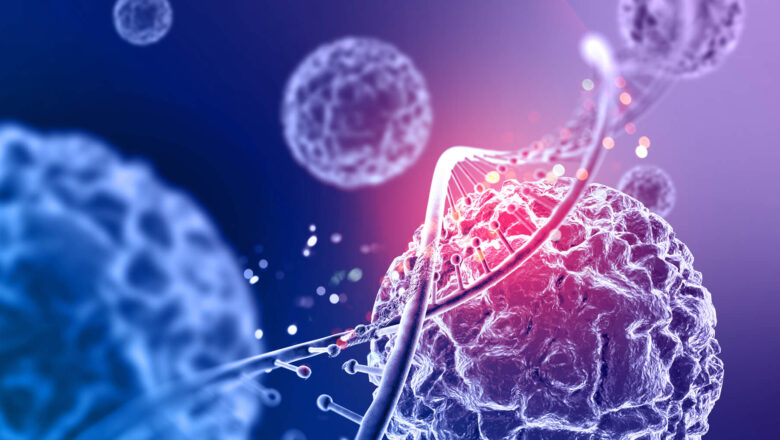
Pregnancy and COVID-19: Symptoms and Vaccination
The COVID-19 epidemic worldwide has become a major health problem affecting all segments of society. However, pregnant women should be especially careful. Because pregnancy can affect the immune system and have effects on the health of the mother and baby. This article will examine COVID-19 symptoms, risks, and vaccination options during pregnancy.
Pregnancy and COVID-19 Symptoms
COVID-19 symptoms during pregnancy may be similar to symptoms in non-pregnant individuals. The most common symptoms may be:
Fire
Cough
Sore throat
Weakness
Muscle aches
Headache
Loss of taste or smell
Nausea or diarrhea
Pregnancy can make the body more vulnerable. Therefore, COVID-19 symptoms may be more severe and require more attention from the patient. Additionally, the risk ...








